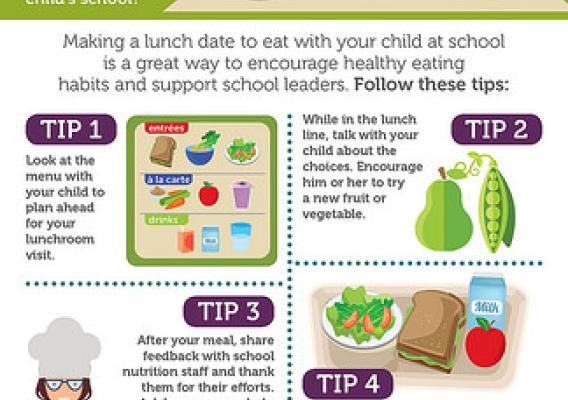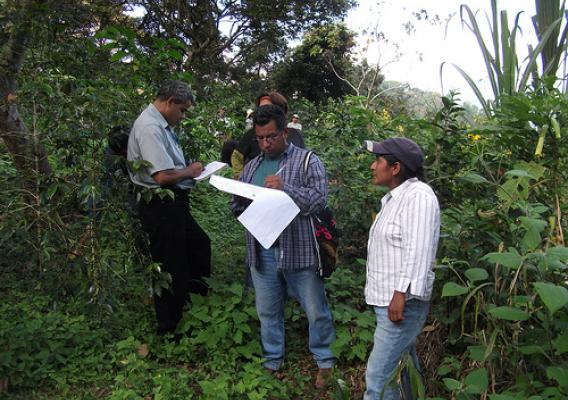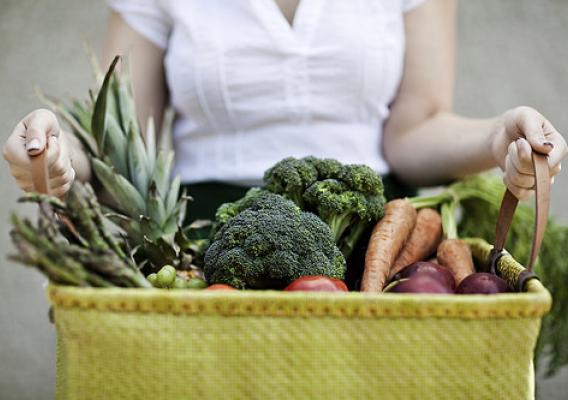More than 50 million children around the country attend schools that participate in USDA’s National School Lunch Program and School Breakfast Programs. And not only are their meals full of nutritious ingredients – with 99 percent of schools nationwide reporting that they are successfully meeting the updated nutrition standards – their entire learning environment fosters healthy habits now and throughout the rest of their lives. During National School Lunch Week 2016, USDA and partners like the Robert Wood Johnson Foundation, are celebrating this progress.
It’s National School Lunch Week and this year we have more to celebrate than ever before!
Over the past decade, significant policy changes have sparked a national movement that has transformed the school nutrition landscape and created a new healthier era for school foods. Many of these policies were initiated by USDA, including updated nutrition standards for the meals and snacks schools offer, as well as updated requirements for local wellness policies.
Thanks to these developments and incredible efforts by schools to put them in place, millions of students across America not only have healthier meals, snacks, and drinks at school – they’re also learning healthy habits that will last a lifetime.









